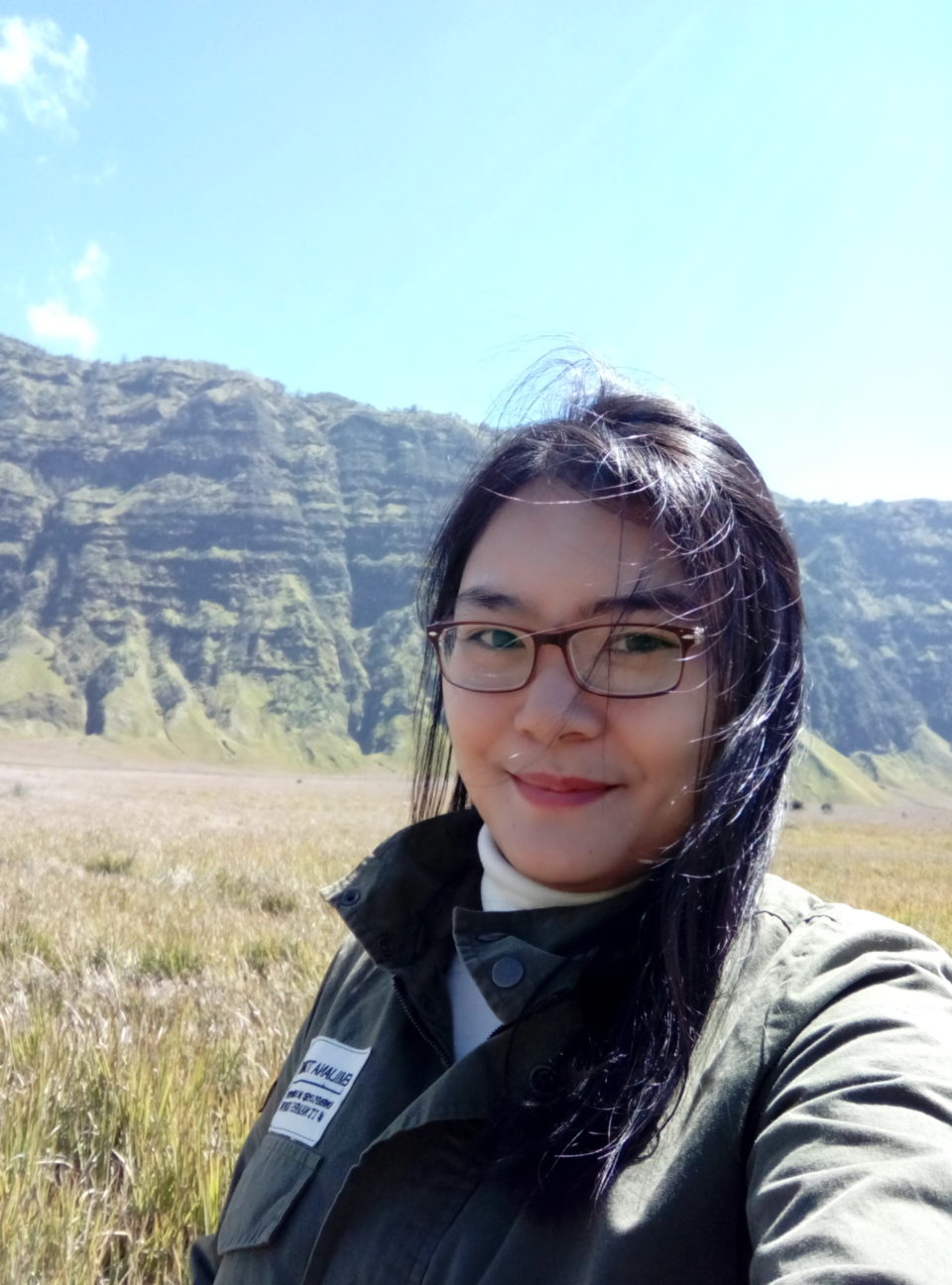A CONCEPTUAL HUMAN RESOURCE STRATEGY FRAMEWORK FOR RURAL TOUR-ISM AFTER COVID-19 PANDEMIC: CASE STUDY IN SUKAJADI VILLAGE, BOGOR DISTRICT, PROVINCE OF WEST JAVA
How to cite:
KUSUMAWARDHANI, Yuviani; ANITA, Tiurida Lily; SIMANIHURUK, Maidar. A Conceptual Human Resource Strategy Framework for Rural Tourism After Covid-19 Pandemic: Case Study in Sukajadi Village, Bogor District, Province of West Java. E-Journal of Tourism, [S.l.], p. 250-264, sep. 2021. ISSN 2407-392X.
Download for fullpaper:
https://ojs.unud.ac.id/index.php/eot/article/view/77440
ABSTRACT
The Covid-19 pandemic demands that all industries adapt quickly, and the tourism industry is no exception. Tourism as an industry that contributes significantly to a country’s GDP must be able to respond to changes in tourist interest. Tourism village is one of Indonesia’s tourism potentials and has a big influence on economic development. However, the level of awareness of village community tourism in Indonesia is still lacking. The stigma that the production process only comes from the agricultural production process is still very much attached. The purpose of the study was to find out how the conceptual framework of the Human Resources (HR) development strategy in the tourist village of Sukajadi, Bogor Regency, West Java, after the Covid-19 pandemic. The research method used is a qualitative approach with Soft System Methodology (SSM) analysis tools with expert respondents who are included in the tourism village stakeholders. This study produces a conceptual framework for the human resource development strategy of Sukajadi Tourism Village, which is integrative and holistic in nature to form an HR management system. Results show that, three strategies for developing human resources in tourist villages were found to increase the capacity of human resources in tourist villages. These strategies include a policy strategy for developing tourism village communities and tourism awareness groups, a strategy for standardizing MSME products, and an approach strategy for tourism awareness groups and institutions.

